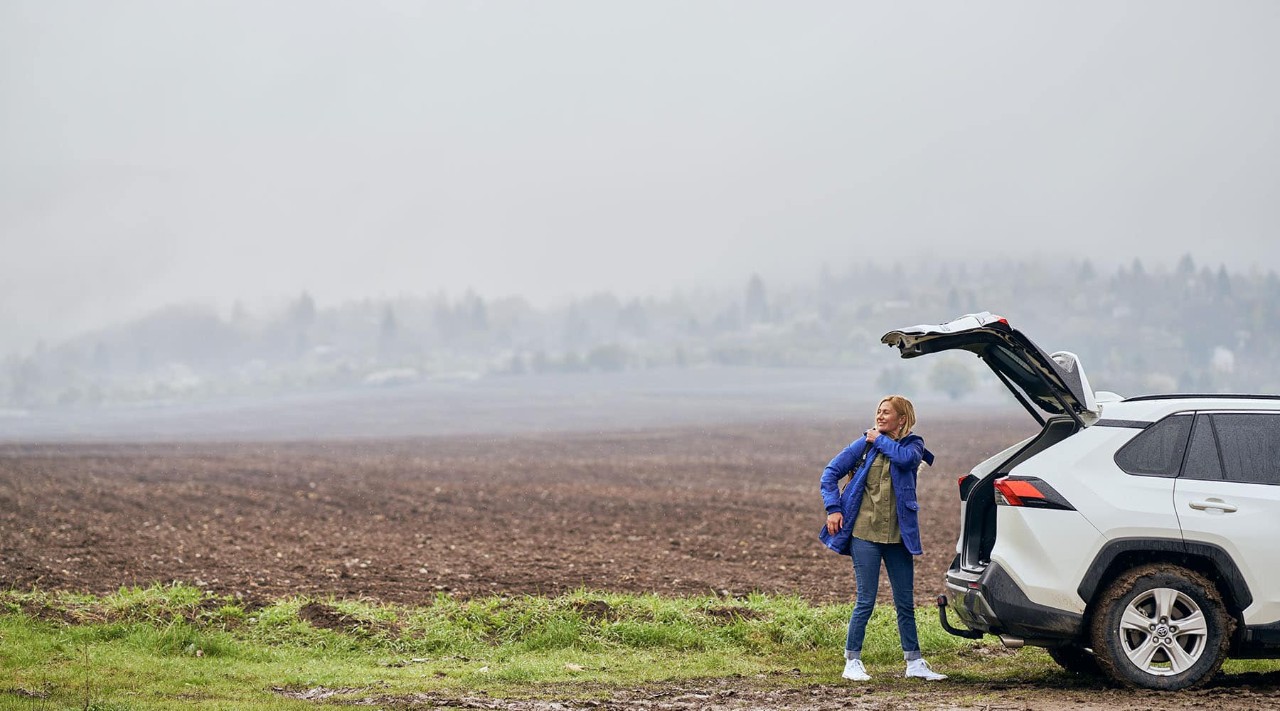Preferred Traits in Pedigree Dogs Are Leading to Health Concerns
by Angela Hickey | 3 min read November 13th, 2019
Puppy farms are now churning out huge numbers of pups to meet the high demand for pedigree dogs with specific visual traits. Unfortunately, to achieve these appearances the pups are often the result of mating between close relatives. This causes an increased risk of health problems, impacting the animals’ quality of life greatly (not to mention creating difficulty when obtaining insurance due to a number of pre-existing conditions). We take a look at just a few examples that Allianz in-house vets see regularly.
Flat-Faced Breeds
Brachycephalic breeds, such as French Bulldogs, Pugs, and Pekinese, are bred deliberately for short snouts and flat faces with large protruding eyes. These traits, although visually preferred by pet owners, are associated with a number of health problems:
- Narrow nostrils and windpipes
- Overly large soft palates
- Spinal deformities
- Regurgitation of food and hiatal hernia (the stomach pushing up through the diaphragm)
- Inhalation pneumonia is a risk due to food going ‘down the wrong way’
- Skin folds lead to irritation and infection
- Dome-shaped heads cause problems during birth leading to caesarean sections

These problems can lead to breathing problems, difficulty exercising, overheating in hot weather, snoring or noisy breathing and, very often, the need for corrective surgeries. The dogs’ protruding eyes are also at risk of injury from exposure.
At veterinary conferences recently a mask was provided for vets to try on which would mimic how it feels to have such restricted breathing. It was reported that just to wear this mask standing still was difficult (like breathing through a pillow!) but when running it led to respiratory distress.
Cavalier King Charles Spaniels
Cavalier King Charles Spaniels commonly suffer from a hereditary condition called Syringomyelia. These dogs are bred to have dome shaped heads, which causes a skull too small to contain the brain. This leads to the brain pushing through the hole at the back of the skull, causing fluid filled cavities which press on the spine causing pain. A recent study of over five hundred of these dogs showed that 70% had signs of this condition by six years of age.
Symptoms often start at about two and a half years old:
- Yelping when touched or lifted
- Pain when touching their neck
- Franticly scratching at the air around their ears and neck
- Weakness or difficulty walking (in more severe cases)
Other Breeds
Dogs deliberately bred to have very short legs, like the Dacshund and the Basset Hound, suffer from slipped discs in their spine. This condition is very painful and can lead to paralysis. Many Golden Retrievers and German Shepherds have severe joint pain and lameness from as early as 6 months from dysplasia (poor formation) of hips and elbows. Small breeds like the Yorkshire terrier and the Pomeranian often suffer from dislocated knee caps causing pain and lameness, and needing surgical correction.
Epilepsy, heart conditions, ingrowing eyelashes and eyelids, retinal detachment (causing blindness), skin complaints, and many more conditions are regularly diagnosed in purebred dogs because of their breeding history.
What can be Done?
Vets: Organisations worldwide (including Veterinary Ireland and FECAVA) are pushing for change in breeding practices by:
- Cooperating with Animal Charities to collect data on these diseases.
- Creating screening tests for diseases in particular breeds.
- Writing to advertisers who use popular breeds in their ads to encourage them not to popularise traits that are causing distress
- Raising awareness amongst the public with press releases
- Guiding clients in choosing a pet and advising neutering any pet with hereditary defects
Kennel Clubs and Breed Clubs are working to improve breeding standards and screening for genetic conditions before breeding. Those involved in dog shows are also refining their opinions on what forms and temperament in each breed will maximise health and welfare.
Politicians: New laws are being passed to control and regulate the breeding of dogs. Gardaí and inspectors are actively tracking down traders who sell pups from puppy farms both here and abroad.
You: Awareness is growing about puppy farms, inbreeding, and the welfare issues involved in breeding pedigree dogs. When choosing a new dog, be mindful of how its breed will affect its health, and be careful to avoid purchasing a pup that has come from a puppy farm. As long as public demand and money is there, these dogs will continue to be bred and sold for high prices. If your dog develops signs of a genetic illness, be sure to get them neutered to avoid passing on these defects to another generation.
This guidance is for general information purposes only. Allianz accepts no responsibility or liability for any losses that may arise from any reliance upon the information contained in this guidance.
Information correct as of date of publishing. This blog will not be updated or edited so the information may become outdated.








